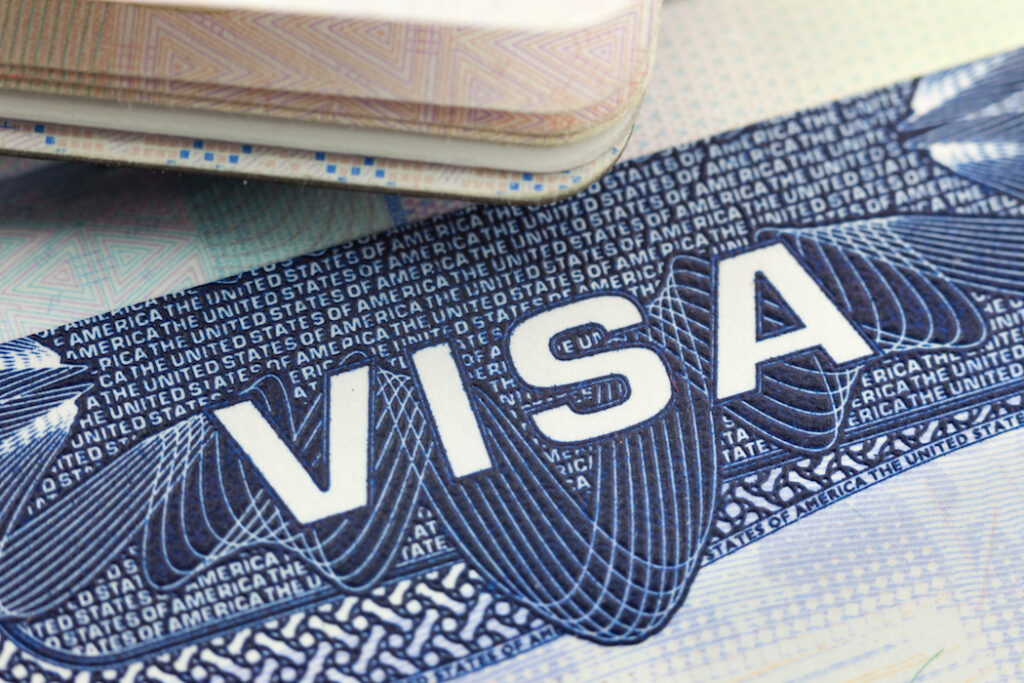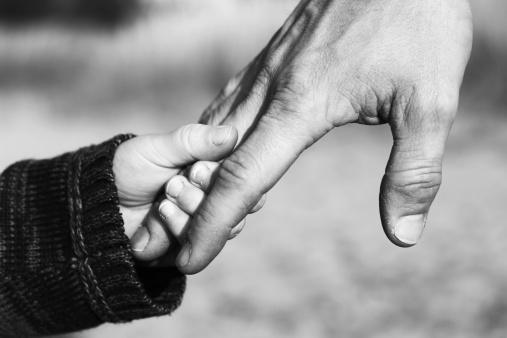
U-Visas
In 2000, The Victims of Trafficking and Violence Protection Act was passed by Congress. This added many important additions to immigration law, including the creation of the U Visa.

Those granted a U Visa have nonimmigrant, but legal status. U Visas provide temporary immigration benefits to those who are victims of qualifying criminal activity, and to their family members, as appropriate. You may qualify for a U Visa if you are a victim of a designated criminal activity in the U.S., suffered substantial physical or mental abuse as a result of the qualifying criminal activity, possess information about the criminal activity, and helped a federal, state, or local government official investigate the qualifying crime.
One of the main reasons that The U Visa was established was to assist law enforcement in managing certain kinds of serious criminal activity. One of the requirements in applying for a U Visa is evidence of the crime that has been certified by law enforcement.
Qualifying Criminal Activities include:
- Abduction, kidnapping
- Any form of sexual abuse, exploitation, or rape, including incest
- Blackmail or extortion
- Domestic violence
- Felonious assault, torture, stalking
- Fraud in foreign labor contracting
- Involuntary servitude, human trafficking
- Murder
- Interference with the justice system
A U Visa lasts for up to 4 years but may be extended if the individual is still assisting law enforcement. After 3 years, the holder of a U Visa can file for legal permanent resident status.
Like other kinds of visas that United States Citizenship and Immigration Services (USCIS) issue, there are caps to the number of U Visas that can be issued each year. For this visa, the limit is 10,000.
U Visas for Derivatives, or Family Members
When applying for a U Visa, the petitioner can also apply for a “derivative.” This includes a child, spouse, sibling, or if the petitioner is under 21, a parent. These qualifying family members are eligible for a derivative U visa but do not count against the annual visa cap.
Waiver of Inadmissibility
For those who entered the United States unlawfully, or do not have a valid passport or visa, a Wavier of Inadmissibility can allow them to apply for visas, adjustment of status, or self-petition under The Violence Against Women Act.
Victims of certain crimes may qualify for a U visa. If granted, U visa recipients can establish work authorization and may secure benefits for family members. The U visa program may provide lawful residency for up to four years, with the eligibility to apply for lawful permanent resident status after three years.
Victims Have Rights in Immigration Cases
If you need help navigating the complexities of immigration court, please contact Nassim Arzani, Esq. Ms. Arzani has vast reserves of knowledge in the field of immigration law. She understands the complications and complexities of the naturalization process, even if you have a criminal record.

